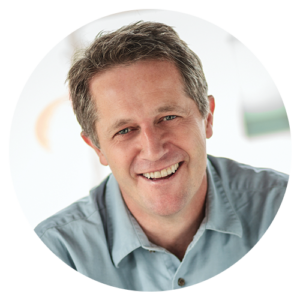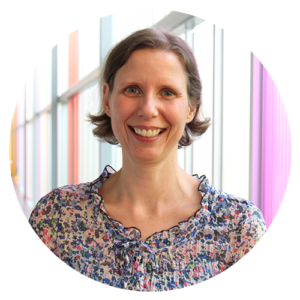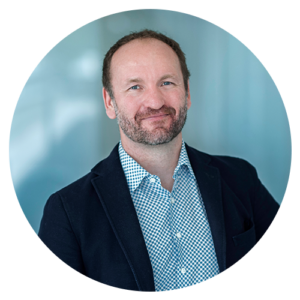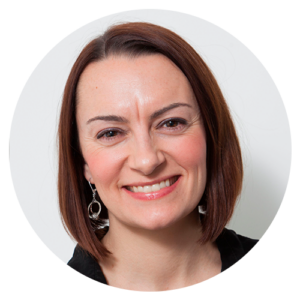Breakthrough T1D Canucks For Kids Fund Centre of Excellence at the University of British Columbia

Breakthrough T1D $100M Campaign to Accelerate
We started with a vision. How do we accelerate research towards discovering and delivering cures for type 1 diabetes (T1D) and how do we make the biggest impact? This vision fueled our objective to build a campaign that focused on maximizing impact, sped up our research, supported new researchers with innovative ideas, while leveraging the right partners to accomplish this.
Now is the time to accelerate.
Our six fundraising priorities provide a framework for approachingT1D from every angle. The Breakthrough T1D Canucks For Kids Fund Centre of Excellence at the University of British Columbia is a key pillar of our $100 Million Campaign to Accelerate – a national campaign with a global impact.
The Breakthrough T1D Canucks For Kids Fund Centre of Excellence at the University of British Columbia – A global collaboration to fuel discovery
Across the country and around the world, leading scientists are working to solve the many parts of the T1D puzzle to deliver cures and life-improving breakthroughs. In some places, the research underway is so deep and so rich that it warrants particular focus. It is in these areas that we launched Breakthrough T1D Centres of Excellence.
What is a Centre of Excellence?
Breakthrough T1D Centres of Excellence provide a research funding model that fosters highly dynamic, nimble work to drive discovery with maximum speed. In contrast to conventional research grants, a Centre of Excellence brings together a large team of experts from diverse fields – and recruits new talents – to accelerate T1D advances through a collaborative approach.
This model is also a highly cost-effective way of advancing research because it leverages and streamlines existing research facilities and talent. By removing the capital costs of developing a new physical space, the Centre of Excellence model ensures that donor dollars are directed to research rather than overhead. With a gold-standard peer-review process and transparent governance, Breakthrough T1D globally maintains a 360-degree view of the work of all its Centres to prioritize the science that holds the most promise for the T1D community.
Vancouver is home to the first Breakthrough T1D Canucks For Kids Fund Centre of Excellence in Canada, joining other locations featured in the graphic below as one of just five Centres worldwide.
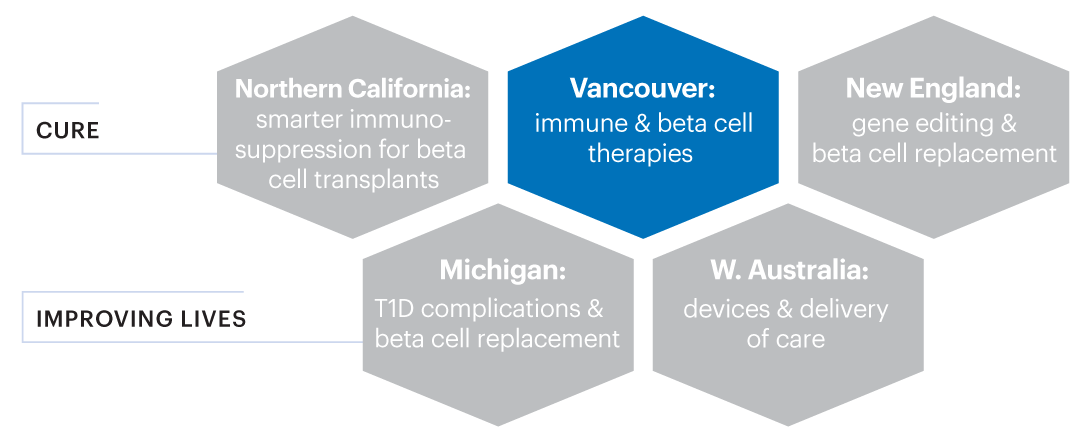

“Each Centre takes a different approach to some of the biggest problems that we face, but the line of sight is to find solutions for people with T1D.”
-Dr. Aaron Kowalski, CEO, Breakthrough T1D International
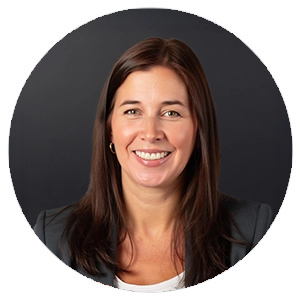
“These Centres allow us to harness expertise and resources in areas renowned for T1D research. This model accelerates breakthroughs by facilitating a uniquely multidisciplinary environment with sustained funding and global collaboration.”
-Jessica Diniz, CEO, Breakthrough T1D Canada
Leadership in Vancouver
The Breakthrough T1D Canucks For Kids Fund Centre of Excellence at the University of British Columbia (UBC) unites the expertise of global research leaders and partnerships in industry, health care, government, and academia towards a singular goal: curing T1D. The Centre creates an environment for sustained multidisciplinary collaboration between three key sites – UBC’s Life Sciences Institute, BC Children’s Hospital Research Institute (BCCHRI), and Vancouver General Hospital (VGH) – allowing for rapid progress and efficient translation of discoveries in the lab to clinical solutions for people living with T1D.
The goal of the Centre’s research team is to bring two or more solutions to cure or slow the progression of T1D to the clinical testing stage within just five years. These discoveries may also uncover therapeutic approaches for other diseases.
Timeline of Activities
-
- June 2021 – Joseph and Rosalie Segal and their family give a transformative gift to help fund Breakthrough T1D Canucks For Kids Fund Centre of Excellence at the University of British Columbia (then known as JDRF)
- December 2021 – Breakthrough T1D Canada’s First Centre of Excellence in Type 1 Diabetes Research Launches at UBC
- May 2022 – The Breakthrough T1D Canucks For Kids Fund Centre of Excellence at the University of British Columbia unveils its new Donor Recognition Wall
- October 2022 – Breakthrough T1D and Stem Cell Network announce the first recipient of the J. Andrew McKee Fellowship in Type 1 Diabetes at the Breakthrough T1D Canucks For Kids Fund Centre of Excellence at the University of British Columbia
- November 2022 – Breakthrough T1D Canucks For Kids Fund Centre of Excellence at the University of British Columbia celebrates its first Annual General Meeting, shares exciting progress and awards seed grants.
- October 2023 – Breakthrough T1D and Stem Cell Network announce the second recipient of the J. Andrew McKee Fellowship in Type 1 Diabetes at the Breakthrough T1D Canucks For Kids Fund Centre of Excellence at the University of British Columbia
- November 2023 – Breakthrough T1D Canucks For Kids Fund Centre of Excellence at the University of British Columbia held its second annual meeting to review research progress, celebrate advances, brainstorm challenges, map out next steps, and exchange knowledge about the lived experience of T1D
- November 2024 – Breakthrough T1D Canucks For Kids Fund Centre of Excellence at the University of British Columbia: progress, potential, and a plan for the future
- October 2025 – The Canucks For Kids Fund (CFKF) – the Vancouver Canucks’ charitable foundation – has made a transformational investment to Breakthrough T1D Canada
- November 2025 – Breakthrough T1D Canucks for Kids Fund Centre of Excellence at UBC: how a collective community is accelerating cures for type 1 diabetes
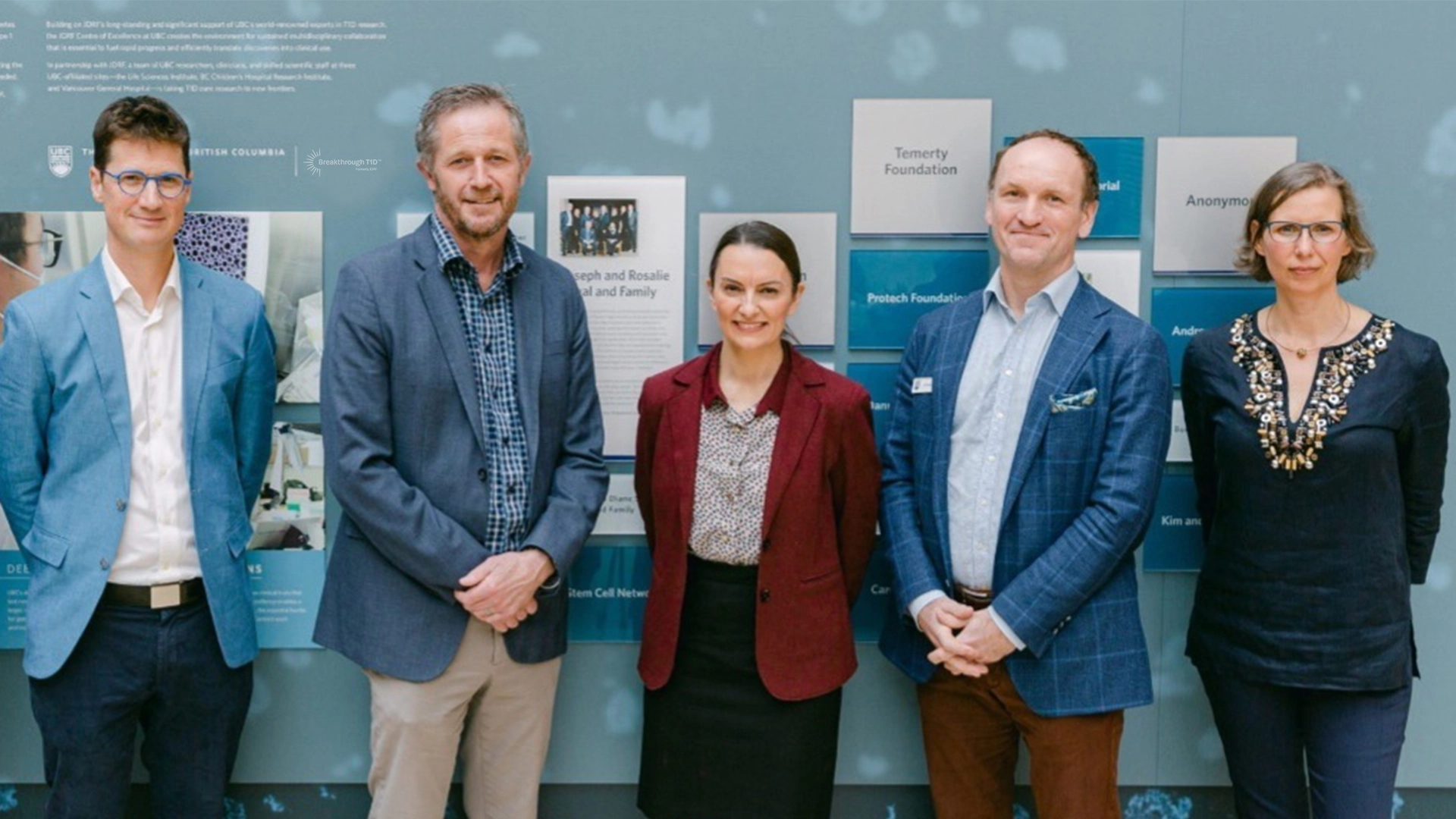
The Donor Recognition Wall in the atrium of UBC’s Life Sciences Centre. This inspiring space celebrates the donors that made this Centre possible, highlights the power of partnership, and shows how we are advancing life-changing research together.
The Centre’s research leads are:
Dr. Bruce Verchere, BCCHRI and UBC
Expertise: beta cell physiology and beta cell regeneration
Dr. Verchere’s work has led to the discovery of new beta cell biomarkers and the discovery of promising approaches to slow immune attack in T1D and islet transplants. He has served as a close Breakthrough T1D HQ advisor for many years.
Dr. Megan Levings, BCCHRI and UBC
Expertise: immunology, autoimmunity and cellular therapy
Dr. Levings’ work has informed the rationale for an ongoing phase 2 clinical trial of an immunotherapy agent in young people with T1D. She developed new ways to monitor immune system activity and created a new immune cell therapy approach to limit the autoimmune response.
Dr. James Johnson, UBC
Expertise: fundamental biology of pancreatic islets, insulin action
Dr. Johnson has extensive experience in beta cell biology, including in target discovery and development of drugs for diabetes. He is also Editor-in-Chief of the scientific journal Islets.
Dr. Francis Lynn, BCCHRI and UBC
Expertise: beta cell biology, molecular biology, physiology
Dr. Lynn has uncovered the roles of several key regulators of beta cell differentiation and proliferation that have informed strategies for beta cell regeneration and replacement. He is also an expert in the gene editing techniques being explored to create “designer” beta cells.
Dr. Sarah Linklater, Chief Scientific Officer, Breakthrough T1D Canada
Expertise: diabetes, autoimmunity and immune regulation, scientific and medical publishing, knowledge translation
Dr. Linklater leads Breakthrough T1D Canada’s research strategy, funding programs and partnerships, and also oversees all clinical trials and research projects funded by the organization in Canada. She acts as the central liaison for research-related matters with Breakthrough T1D HQ and Canadian researchers. Sarah holds a PhD in Experimental Medicine and served as Editor-in-Chief of The Lancet Diabetes & Endocrinology in the UK before joining Breakthrough T1D Canada.
In addition to the research leads, more than 35 other researchers, trainees, technical staff and collaborators will be involved in driving the Centre’s research projects.
Research goals
T1D involves dysfunction of both the immune system and pancreatic beta cells, yet these are often studied in isolation, hindering real progress. The Breakthrough T1D Canucks For Kids Fund Centre of Excellence at the University of British Columbia brings together world-leading expertise in both areas of study to integrate their knowledge of the immune system and beta cells and the complex interactions that lead to T1D. Research teams will be laser-focused on finding cures through three integrated and interdependent themes:
|
|
|
|
|
The Breakthrough T1D Canucks For Kids Fund Centre of Excellence at the University of British Columbia is a gamechanger in cure research that will deliver breakthroughs and help secure a future without T1D.
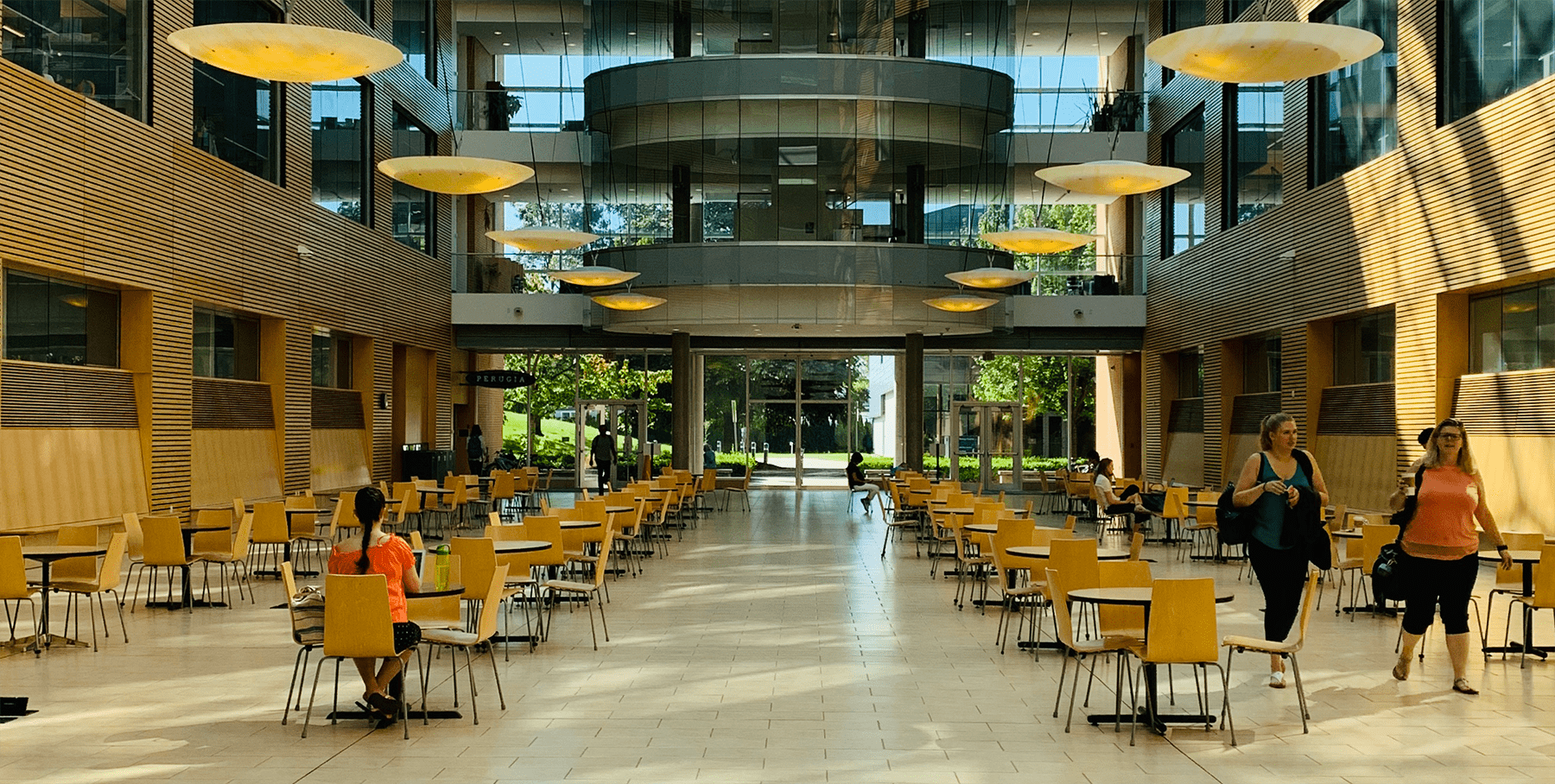
Donors provide visionary support
Breakthrough T1D is grateful to the generous donors who have supported the Breakthrough T1D Canucks For Kids Fund Centre of Excellence at the University of British Columbia with leadership gifts. These individuals, foundations, and corporations are helping our research team aggressively pursue the most promising research – and speed its progress through the pipeline so that it reaches people living with T1D as quickly as possible.
Join us in finding a cure
If you would like to learn more about how you can support this pillar of our $100 Million Campaign to Accelerate, please email us at campaign@BreakthroughT1D.ca.
